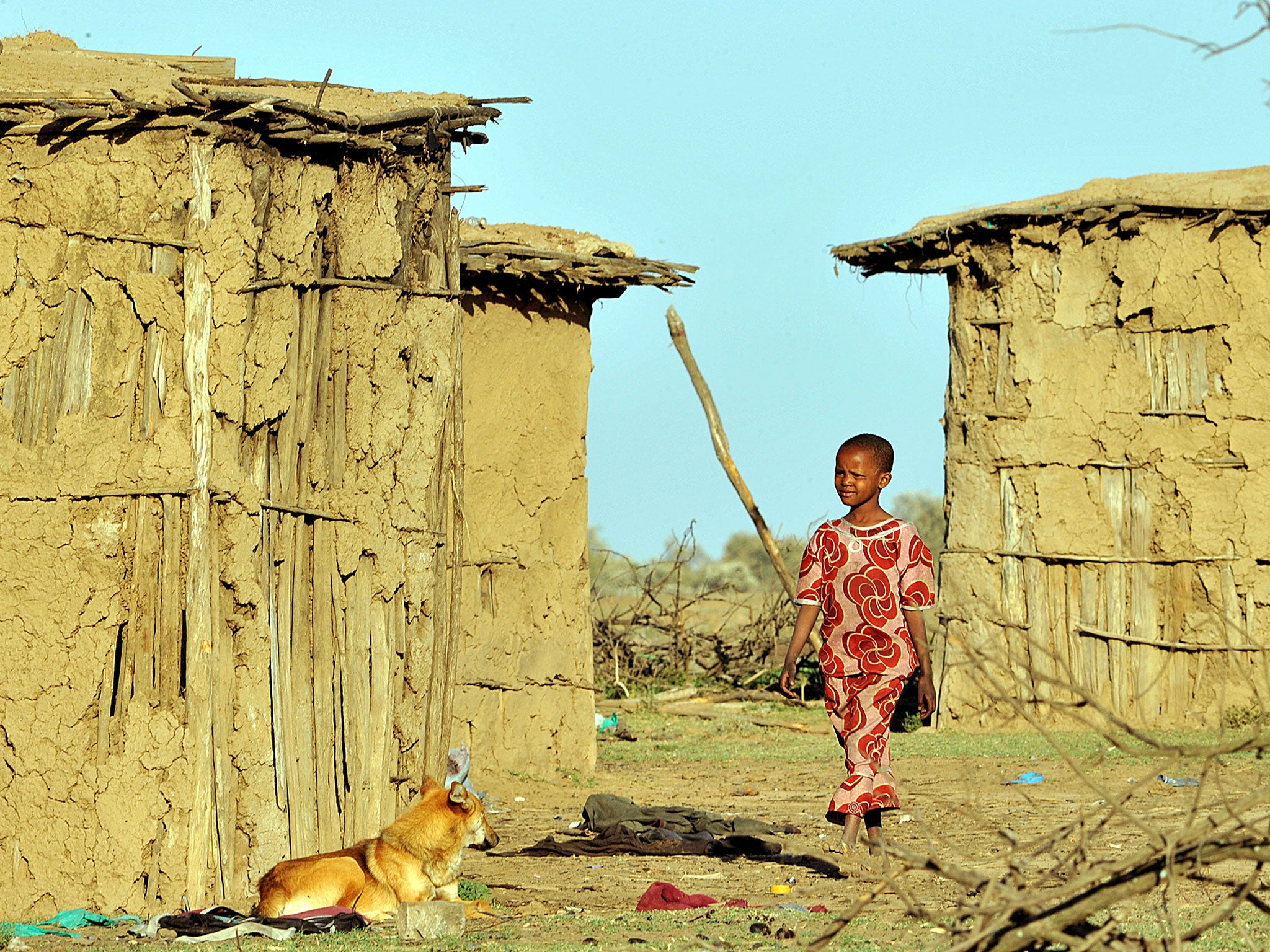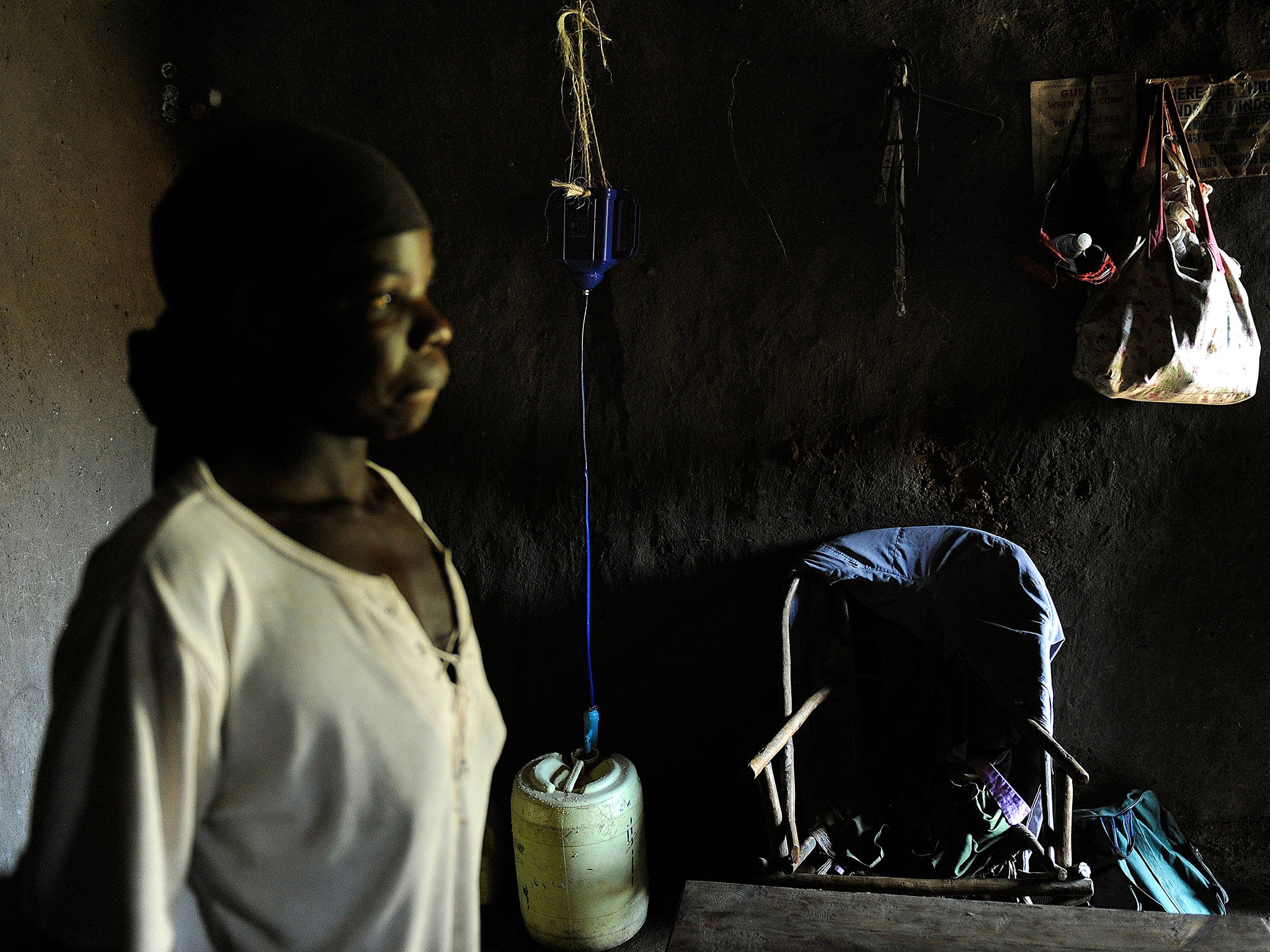Charity experiment to see thousands of Kenyans given universal basic income for a decade
The founders of charity GiveDirectly said they want to investigate how having a secure income indefinitely can change people's behaviour day-to-day

Your support helps us to tell the story
From reproductive rights to climate change to Big Tech, The Independent is on the ground when the story is developing. Whether it's investigating the financials of Elon Musk's pro-Trump PAC or producing our latest documentary, 'The A Word', which shines a light on the American women fighting for reproductive rights, we know how important it is to parse out the facts from the messaging.
At such a critical moment in US history, we need reporters on the ground. Your donation allows us to keep sending journalists to speak to both sides of the story.
The Independent is trusted by Americans across the entire political spectrum. And unlike many other quality news outlets, we choose not to lock Americans out of our reporting and analysis with paywalls. We believe quality journalism should be available to everyone, paid for by those who can afford it.
Your support makes all the difference.A charity is aiming to provide thousands of Kenyans with a basic income for at least the next decade in a bid to investigate how a fundamental level of economic freedom could change people’s lives.
GiveDirectly, an organisation that was set up to transfer cash payments to those in poverty in Kenya and neighbouring Uganda, has said it now wants to structure its donations in such a way that would guarantee at least 6,000 Kenyans “an ongoing income, high enough to meet their basic needs – a universal basis income or basic income guarantee”.
The charity is hoping to put $10million of its own funds into the scheme, to match the first $10million donated by others.
The debate around introducing a universal basic income – or citizen’s income – has picked up pace in recent years with an increasing number of politicians, public policy architects, think tanks and charities advocating the idea.
Such a scheme would provide all people living in a country with a basic amount of money that would be enough for them to live on – a payment that would not be dependent on means-testing or a requirement to work.
It would be provided to everyone regardless, indefinitely, and would replace any existing system of social security and benefits.

GiveDirectly has said it aims to provide a basic income to all full-time residents of the selected villages in Kenya, and that the payments would continue even if people left the villages.
Writing in Slate magazine, the charity’s co-founders, Michael Faye and Paul Niehaus, said that “the key question is how the knowledge that your livelihood is secured for more than a decade affects your behaviour now”.
“Do you take more risk? Get more schooling? Look for a better job?”
They said that, across many continents and contexts, experimental tests have shown that poorer people do not simply stop trying to better their circumstances when they are given a basic income – one of the criticisms levelled at its proponents.
“They make productive use of the funds - feeding their families, sending their children to school and investing in businesses and their own futures. Even a short-term infusion of capital has been shown to significantly improve long-term living standards, improve psychological wellbeing and even add one year of life.”
There has been a shift away from the assumption that individuals “aren’t good at making decisions for themselves and that experts had to make decisions for them” towards appreciating the power of giving people more control over their own lives, they said.

Advocates of a universal basic income believe it to be a simple system that “neither introduces perverse incentives discouraging work nor mandates work to receive benefits” and avoids the paternalism at the heart of many social programmes, Mr Faye and Mr Niehaus said.
Pilot schemes for a basic income are being considered by the governments of Finland and Canada, while Switzerland will become the first country to hold a referendum on the issue in June.
In the UK, a number of Labour politicians have begun to favourably view the concept, and the SNP passed a motion at its spring conference last month to introduce it in Scotland. The Green party has supported the idea for a number of years.
GiveDirectly’s co-founders added: “Should we move from a patchwork system of overlapping poverty-reduction programmes, administered separately to address different issues (nutrition, housing, employment) to simply guaranteeing a basic income? What would happen if we did? We’re planning to find out.”
Join our commenting forum
Join thought-provoking conversations, follow other Independent readers and see their replies
Comments